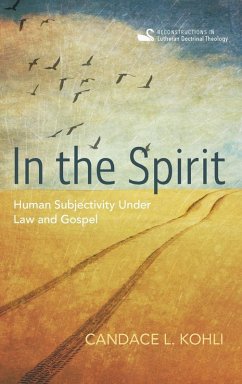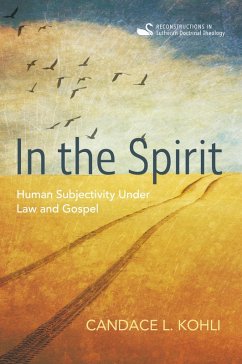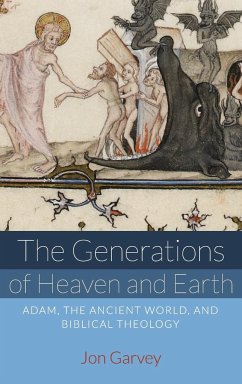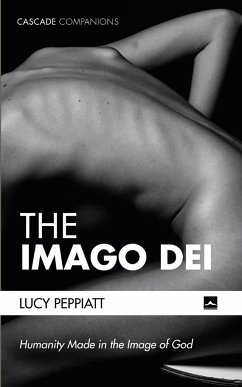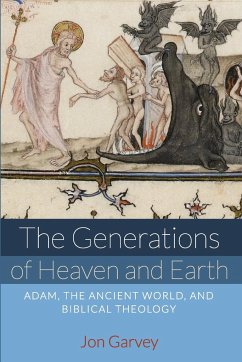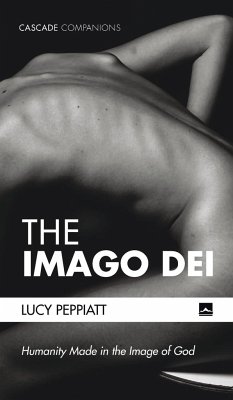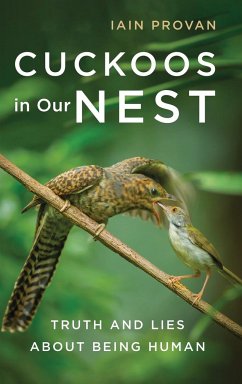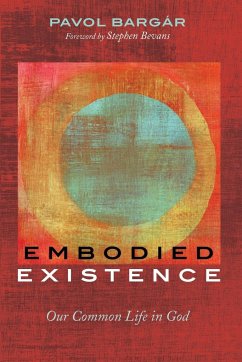How does the Christian produce good works in service of her neighbor after justification? In Martin Luther's famous 1520 treatise The Freedom of a Christian, the Reformer claimed that Christ's love ""springs spontaneously"" from the Christian's soul as good works. In Luther's late-medieval theological context, however, this statement was incoherent with philosophical theories of moral action, which required an interplay between the soul and body. This problem persists in Lutheran theology today where human passivity in justification is extended over the Christian's entire temporal life. Yet, Luther seemed to find solutions to this question in his late controversies with Johann Agricola over law and gospel. This study looks to pneumatological developments in that controversy for resources that support a more coherent view of moral action in the Christian life.
Hinweis: Dieser Artikel kann nur an eine deutsche Lieferadresse ausgeliefert werden.
Hinweis: Dieser Artikel kann nur an eine deutsche Lieferadresse ausgeliefert werden.

